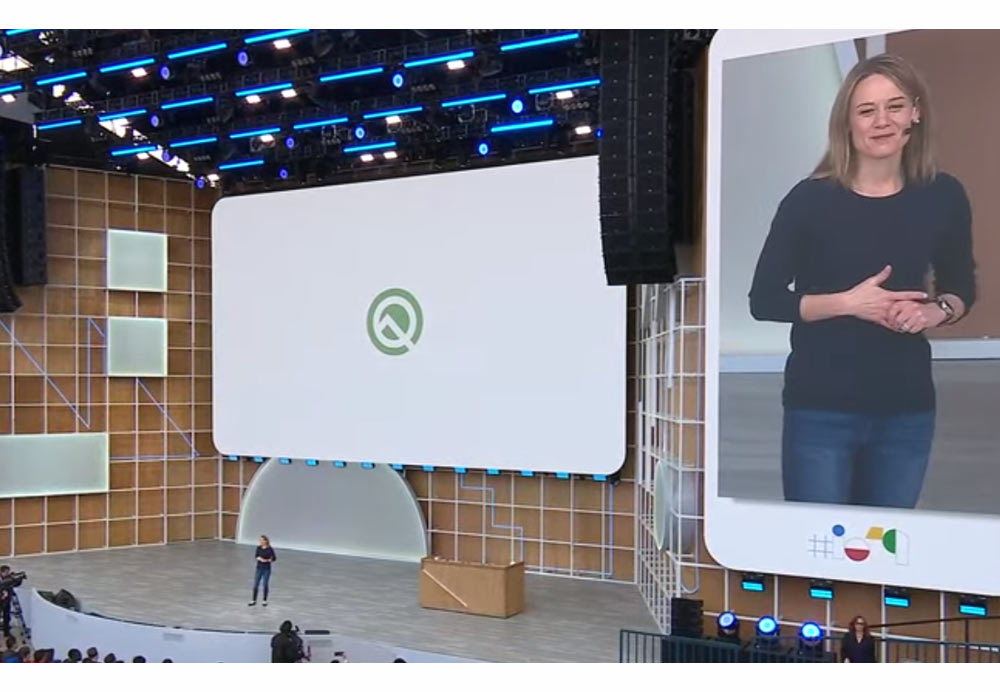
The Android mobile operating system is unlike Apple's iOS.
For good reasons, Android is an open-source project. Backed by Google with many developers and supporters, the operating system has become ubiquitous to smartphones. From Samsung to LG, to HTC, Huawei to Xiaomi just to name a few, all leverage Android as their operating system.
This is a contrast to iOS that is unique to Apple, which also restricts users from openness and flexibility.
But for bad reasons, Android is also unlike Apple, due to its complex ecosystem. With the many vendors customizing their Android, it gets too complicated for Google to handle.
Meaning that it's difficult for Google to address patches and security fixes to end users, because fixes need to pass a variety of checkpoints before being delivered. This process is long known to be very slow.
To solve this issue, Google wants to deliver at least some Android security updates directly through its Play Store. Starting Android Q, Google wants to be able to push those updates to users' devices much faster than previously possible.
In this case, Google isn't eliminating the process where phone manufacturers, like Samsung or LG, send updates out to its devices. But here, the change is cutting down the impact, by reducing the time significantly.
To do this, Google announced what it calls 'Project Mainline'.
This is made possible because Google has started to break Android’s underlying systems into individual pieces that are less reliant on one another. As a result, the individual systems are less likely to break when one or the other is changed.
That big change happened in 2017’s Android Oreo, with a feature called 'Project Treble'.
In 2018, this project led to faster updates to Android Pie.
And here, 'Project Mainline' on Android Q extends 'Project Treble', allowing Google to send some security updates directly to Android phones through the Play Store, which is installed on basically all Android phones outside of China.

Using this strategy, Google should be able to update everything about a phone. But unfortunately, that isn't necessary the case.
To start, Project Mainline has 14 different "modules" that Google is capable of updating. They include:
- ANGLE.
- APK.
- Captive portal login.
- Conscrypt.
- DNS resolver.
- Documents UI.
- ExtServices.
- Media codecs.
- Media framework components.
- Network permission configuration.
- Networking components.
- Permission controller.
- Time zone data.
- Module metadata.
These might be small individually, but it means that Google can finally patch small bugs or potentially major flaws as soon as it spots it.
"On [Android] Q, there will be OS modules that will update without a reboot of the device, around compatibility and security," explained Google's Stephanie Cuthbertson on stage at I/O 2019. "These are updated in the background the same way it's done for Android apps."
By bridging the gap, Android is becoming more similar to iOS, in terms of updates, at least in some critical areas.
"For users, the benefits are huge, since their devices will always be running the latest versions of the modules, including the latest updates for security, privacy, and consistency. For device makers, carriers, and enterprises, the benefits are also huge, since they can optimize and secure key parts of the OS without the cost of a full system update."